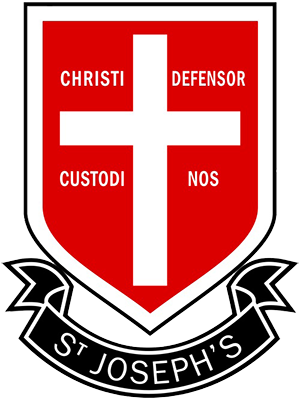Curriculum
Drama
Intent
We encourage our students to have a lifelong passion for drama and theatre studies both inside and outside of the classroom.
Enacting our Vision
We interleave our students learning so that they gain an understanding of both the history of theatre, drama practitioners and their practices, enhanced with an understanding of how drama techniques and how to use them in performances and where to apply them into practical work. We encourage all of our students to take part in extra curricular drama whether it be clubs or school productions. We run trips to both local theatres and The West End where students can experience the joy that is live theatre.
YEAR 7
We cover a wide range of topics in year 7 starting with The Pied Piper of Hanilin where the students learn the basic techniques. We then move on to Inside Out, Shakespeare and then Racism and how it affects society. Throughout the year we build on drama techniques and how to apply them into practical work. Students have booklets that enhances the work completed in the classroom.
YEAR 8
Beginning in Year 8, students learn about the history of theatre starting with Commedia del Arte. They then look at The Seven Deadly Sins where they start to apply more detailed techniques within their work such as sound collages and physicalisation. We then move on to a text based unit "War Horse" by Michael Morpego. Finally students look at the poem "limbo" and the slave trade where upon they devise their own performance based on this. Students have similar booklets to year 7 but with more in depth vocabulary and terminology.
YEAR 9
Students begin Year 9 by looking at the origins of Pantomime (including slapstick). They then devise their own Pantomime including stock characters (which relates back to prior knowledge). They then look at Arthur Millars "The Crucible" and the social, cultural and historical factors within the play (this ties in with OCR drama GCSE). We then move onto the theme War where students will devise their own performances based on the theme. Finally students will create their own Theatre in Education piece in which they will perform to one of the younger years. This will also tie in with GCSE and what it entails.
YEAR 10
Students start year 10 with their devised unit of work (worth 30% of the overall GCSE) They are given a stimuli from the exam board and have to create a 15 minute piece of drama using all the skills learnt throughout the years. Students also have to create a portfolio along with their practical work, this can be an accumulated with written work, sketches, mind maps and photos. Students then look at Blood Brothers in depth (including exam style questions). Students then watch live theatre (whether it be at the theatre or the National Theatre online) and apply what they have seen into written work.
YEAR 11
The students begin to refine their knowledge and focus on their teamwork and communication skills through practical work. Then we move onto Presenting and Performing Texts (worth 30% of the overall GCSE). Students create two set pieces from a play chosen by both them and the staff, this is then performed to an outside examiner who comes into school to externally mark the work. This is accompanied with a Concept Pro Forma. This Comprises of 4 questions linking to their play. The exam is usually taken in May. We then focus on the lead up to the exam by revision of key topics within Blood Brothers and Live Theatre.
BTEC Performing Arts
Students deepen their appreciation and curiosity of theatre and specific skills Students begin Year 12 with Unit 1: Investigating Practitioners Work, In this unit Students study two practitioners in depth and apply these to a theme given by the exam board (Pearson) This exam is 3 hours long and takes place in January of Year 12. The next is Unit 2: Applying Skills and Techniques to Live Performance. Students perform a play to an audience. This is accompanied with an ongoing log book of developments through the process.
In Year 13 Students will complete two more units of work, one being chosen by the teacher according to the groups strengths. The last Unit is Unit 3: Group Performance Workshop. This is an external unit marked by the exam board. The students create a performance based on a stimulus and write up 4 milestones of their progress.
CONTACT US
For further information drama please contact the following:
Mrs S Dunleavy (Head of Drama) – s.dunleavy@st-josephs.slough.sch.uk
